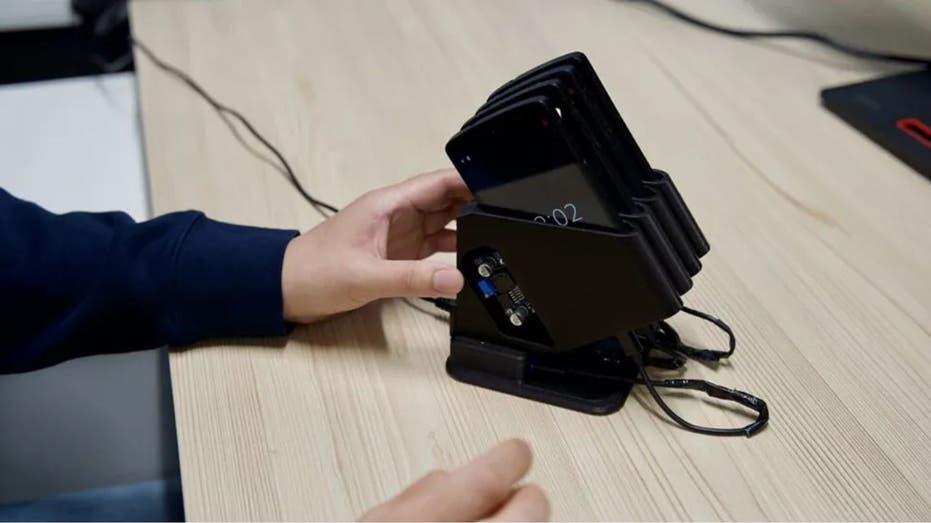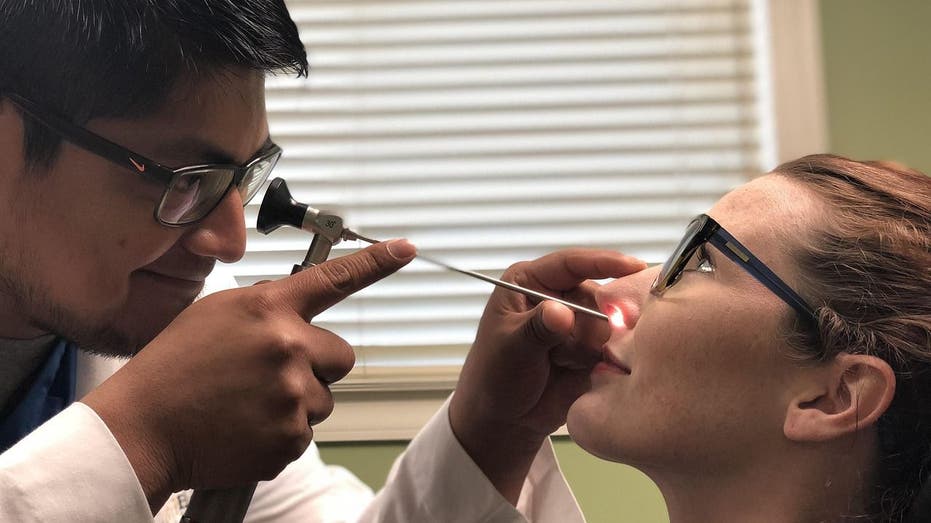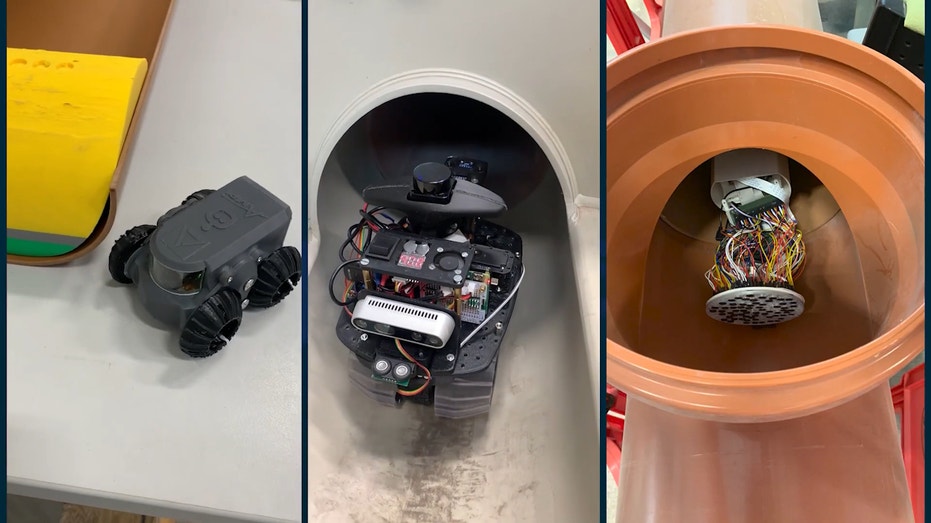📰 How I almost fell for a Microsoft 365 Calendar invite scam

A new phishing scam is targeting Microsoft 365 and Outlook users by injecting fake billing alerts into their calendars. The scam uses calendar invites to trick users into handing over personal information or clicking on malicious content. The tactic exploits trust in internal tools like Microsoft 365 and Teams to make the scam seem legitimate. Even if a phishing email is caught by filters, the associated calendar event can still appear. Users are advised not to interact with suspicious calendar events, avoid clicking links or downloading attachments, and strengthen their device security with antivirus software. Microsoft users are encouraged to report phishing attempts and be cautious of potential security flaws in the ecosystem.
📰 Old smartphones are being turned into tiny data centers

Researchers at the University of Tartu Institute of Computer Science have repurposed old smartphones into tiny data centers, offering a sustainable solution to the global e-waste crisis. By connecting outdated phones together, they can efficiently process and store data for various projects, reducing the need for new electronics and cutting down on CO₂ emissions. The team removed batteries to prevent leaks, used external power sources, and created a working prototype with 3D-printed holders. These mini-data centers have been successfully tested in real-world scenarios, such as monitoring marine life, showcasing their practicality and impact. Donating old smartphones to organizations that upcycle electronics can help power sustainable tech solutions and contribute to a cleaner environment.
📰 How micro-robots may soon treat your sinus infections

A breakthrough in medical technology involves the creation of micro-robots for treating sinus infections. These robots can enter the nasal cavity, eliminate bacteria, and exit without harming surrounding tissue, potentially reducing the need for antibiotics. The robots, smaller than a speck of dust, are guided by magnetic fields to the infected area where they are activated to destroy bacteria. This targeted approach is more precise and less invasive than traditional antibiotic treatments. The research, led by a collaboration of universities in China, has shown promising results in animal trials, clearing infections without tissue damage. Scientists are working to ensure the safe exit of the robots from the body and address public acceptance concerns. The technology could revolutionize infection treatment beyond sinuses, offering non-invasive therapy without antibiotics and potentially changing the way bacterial infections are fought in the human body.
📰 Stop data brokers from selling your information online

The article discusses the value of personal data and how companies collect and trade it as a commodity. Many individuals feel they lack control over the data collected about them, with a Pew Research survey revealing that most Americans believe data collection is unavoidable in daily life. Various sources, such as social media platforms, online shopping, browser fingerprinting, mobile apps, cookies, and data brokers, contribute to the collection of personal data. Data brokers compile detailed profiles about individuals using information from public records, social media, and other sources, which are then sold to various entities like marketers, insurers, and employers. The article also provides tips on protecting personal data, including reviewing privacy settings, using privacy-friendly tools, being cautious with personal information, and opting out of data broker lists. Taking steps to control personal data and advocating for transparency from businesses and lawmakers are emphasized as ways to regain control over one’s data and protect privacy.
📰 Mini robots detect and fix water pipe leaks without digging

Researchers at the University of Sheffield in the U.K. have developed small robots called “Pipebots” to inspect and potentially repair underground water pipes without the need for excavation, reducing disruption and costs associated with traditional methods. The U.K. has aging water systems, with some pipes dating back to the Victorian era, leading to significant water wastage due to leaks. Pipebots are equipped with sensors, cameras, and wheels to navigate water pipes and identify issues, sending data to engineers above ground for efficient repairs. Supported by the U.K.’s water regulator, OFWAT, collaborative projects aim to modernize water infrastructure, including using Pipebots to inspect live wastewater pipes and develop AI-powered robots for sewer inspections. These innovative robots offer a cleaner, more affordable, and efficient solution for maintaining water systems, especially beneficial for countries facing budget constraints and aging infrastructure. The use of Pipebots and similar technologies could help countries worldwide manage water resources more effectively and address water infrastructure challenges.
0개의 댓글